10 effective ways to get rid of social media
In today's digital age, social media has become an integral part of our daily lives. It allows us to keep in touch with friends, keep up to date with the latest news, and even communicate professionally. However, excessive use of social media can lead to a variety of problems, including anxiety, depression, and lack of productivity. It's important to take a step back and get rid of social media every now and then for our mental health. The advent of social media has revolutionized the way we communicate, share information, and even do business. It broke down geographical barriers, allowing us to connect with people and cultures around the world. However, like all good things, overuse of social media can have downsides. Excessive use can lead to a range of problems, including anxiety, depression, sleep problems, and more.
Recommend
Show key points
- Social media has reshaped how we connect, communicate, and do business, bridging geographical gaps worldwide.
- Overuse of social media can negatively impact mental health, contributing to anxiety, depression, and reduced productivity.
- Setting personal boundaries for social media usage, such as designated times and avoiding it during mornings or before bed, supports healthier habits.
- ADVERTISEMENT
- Disabling notifications and limiting app alerts can reduce distractions and help maintain focus during important tasks.
- Regular digital detoxes, including scheduling social media-free days or weekends, can restore balance and mental clarity.
- Engaging in physical activities and hobbies provides enriching alternatives to screen time and enhances emotional well-being.
- If social media overuse starts interfering with daily life, seeking guidance from a mental health professional could be beneficial.
It can also lead to a phenomenon known as "social comparison," where individuals compare their lives to the ideal representations of others online, leading to feelings of incompetence and low self-esteem. Therefore, it becomes necessary to retreat from social media and get rid of our digital life. This article explores ten effective ways to detox social media, helping you regain your time, mental health, and overall well-being. Here are ten effective ways to do it:
1. Set clear boundaries:
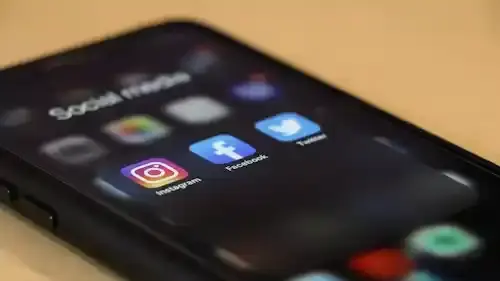
Setting boundaries is the first step towards a healthy relationship with social media. This includes setting specific times during the day for social media use and adhering to them. For example, you can set aside an hour in the afternoon or evening for this. It's also helpful to avoid using social media as the first thing in the morning as it can set a negative tone for the rest of the day. Similarly, using social media before bed can interfere with your sleep cycle and overall sleep quality. It is important to remember that these boundaries are personal and should be adjusted according to your lifestyle and needs.
. Turn off notifications:
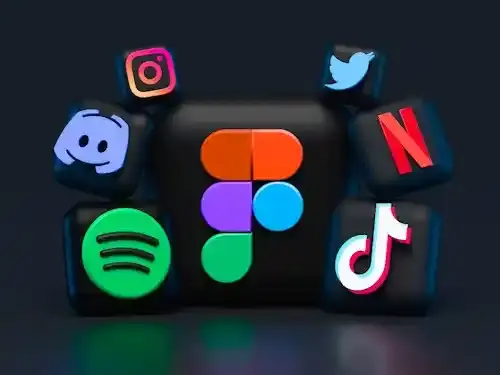
Notifications are designed to grab your attention and can lead to constant interruptions. These repetitive disorders can make it difficult to focus on tasks and can lead to increased stress levels. Consider turning off unnecessary notifications, especially when you're working or having a good time with your loved ones. You can also use Do Not Disturb mode on your device during certain hours to reduce distractions. This can help you stay focused on your tasks and reduce the urge to constantly scan your phone.
3. Unfollow unnecessary accounts:
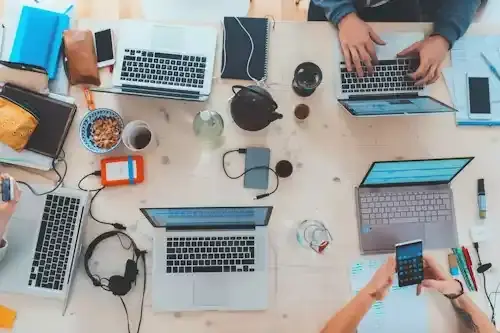
Social media is often filled with diverse content, and not all of it is useful or positive. If certain accounts or content types are stressful for you, consider unfollowing them. This includes calculations that make you feel inadequate, anxious, or depressed. Remember that your mental health is more important than following every account. You can also use features like Mute or Hide to control what appears in your feed.
4. Use tools to limit usage:
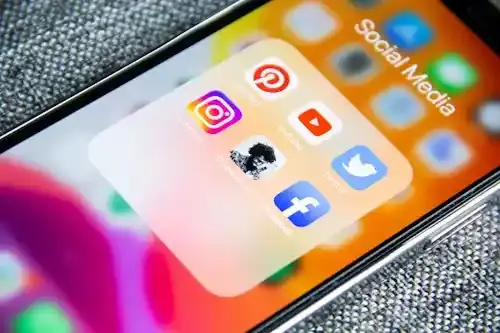
Many devices and social media platforms now offer built-in tools to help you monitor and limit your usage. These tools can provide insights into the amount of time you spend on different apps and allow you to set daily limits. Use these tools to get a better understanding of your social media habits and to hold yourself accountable. You can also set reminders to take breaks and avoid spending too much time on social media.
5. Schedule breaks from social media:
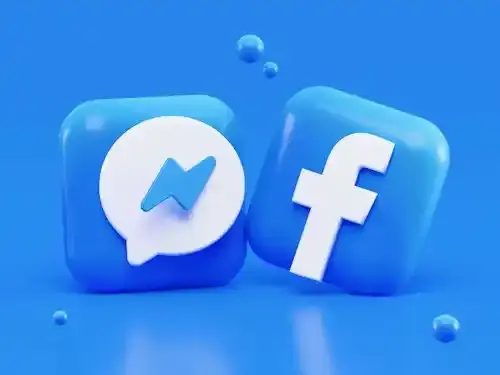
Regular breaks from social media can help prevent burnout and dependence. Consider scheduling a social-media-free day once a week or a weekend every month. During these breaks, engage in activities you enjoy that allow you to relax and recharge. This can include reading a book, going for a walk, or spending time with loved ones.
6. Physical activity:
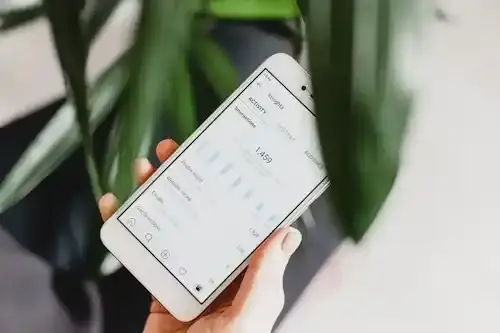
Physical activity is a great way to distract yourself from the digital world. It not only improves your physical health, but also boosts your mood and reduces stress levels. Find physical activity that you enjoy, such as yoga, running or dancing, and make it part of your daily routine. This can help you stay active and reduce the time you spend on social media.
7. Practice mindfulness:
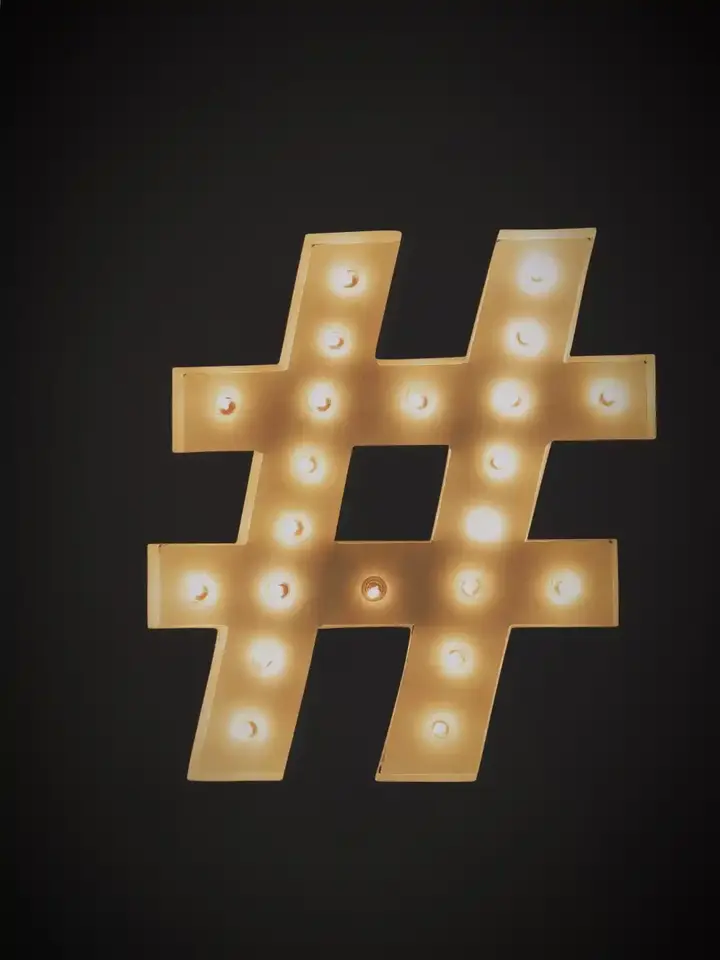
Mindfulness involves being fully present and involved in the present moment. When using social media, try to keep in mind how much time you spend and how the content you consume affects you. If you notice feelings of anxiety or negativity, it may be time to take a break. You can also practice mindfulness exercises, such as deep breathing or meditation, to help reduce stress and improve concentration.
8. Hobbies:
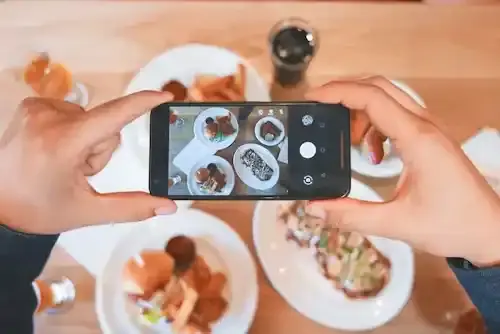
Hobbies are a great way to spend your time productively and can provide a satisfying alternative to social media. Whether it's drawing, reading, gardening or learning a new language, find and make time for a hobby that interests you. This can help you develop new skills, boost your confidence, and provide a sense of accomplishment.
9. Offline communication:

Despite the ease of communicating online, face-to-face interactions are still valuable. Spend time with friends and family without being distracted by phones or social media. This can strengthen your relationships and provide a sense of connection that social media often lacks. You can also participate in community events or volunteer activities to meet new people and build meaningful relationships.
10. Seek professional help:

If you find that your use of social media causes you great inconvenience or interferes with your daily life, do not hesitate to seek professional help. Therapists and counselors are trained to help you overcome these challenges and can provide you with strategies and tools to manage your social media usage. They can also provide support and guidance through your digital detox journey.
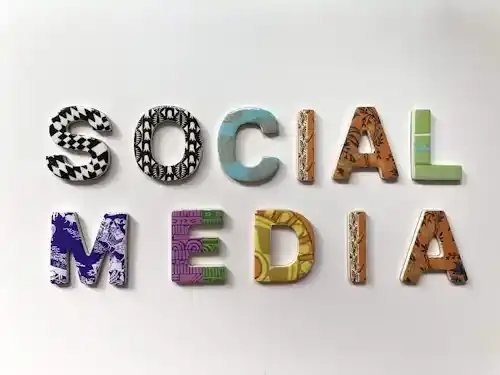
In conclusion, taking a break from social media means improving your overall health. It's not about completely removing social media from your life, it's about creating a healthier and more balanced relationship with it. Remember that your mental health is important, and it's okay to back off social media when you need to. Happy detoxification!
In our increasingly digital world, taking a break from social media can seem daunting. However, remember that it's not about total interruption, it's about finding a healthy balance. It's about ensuring that social media serves as a tool for communication, inspiration and growth, rather than a source of stress and anxiety. When you embark on your digital detox journey, remember that it's okay to take things slowly. Start with small steps, celebrate your progress, and most importantly, be kind to yourself. Your mental health and well-being deserve to be prioritized over likes and shares. Here's a happier and healthier digital life. Happy detoxification!








